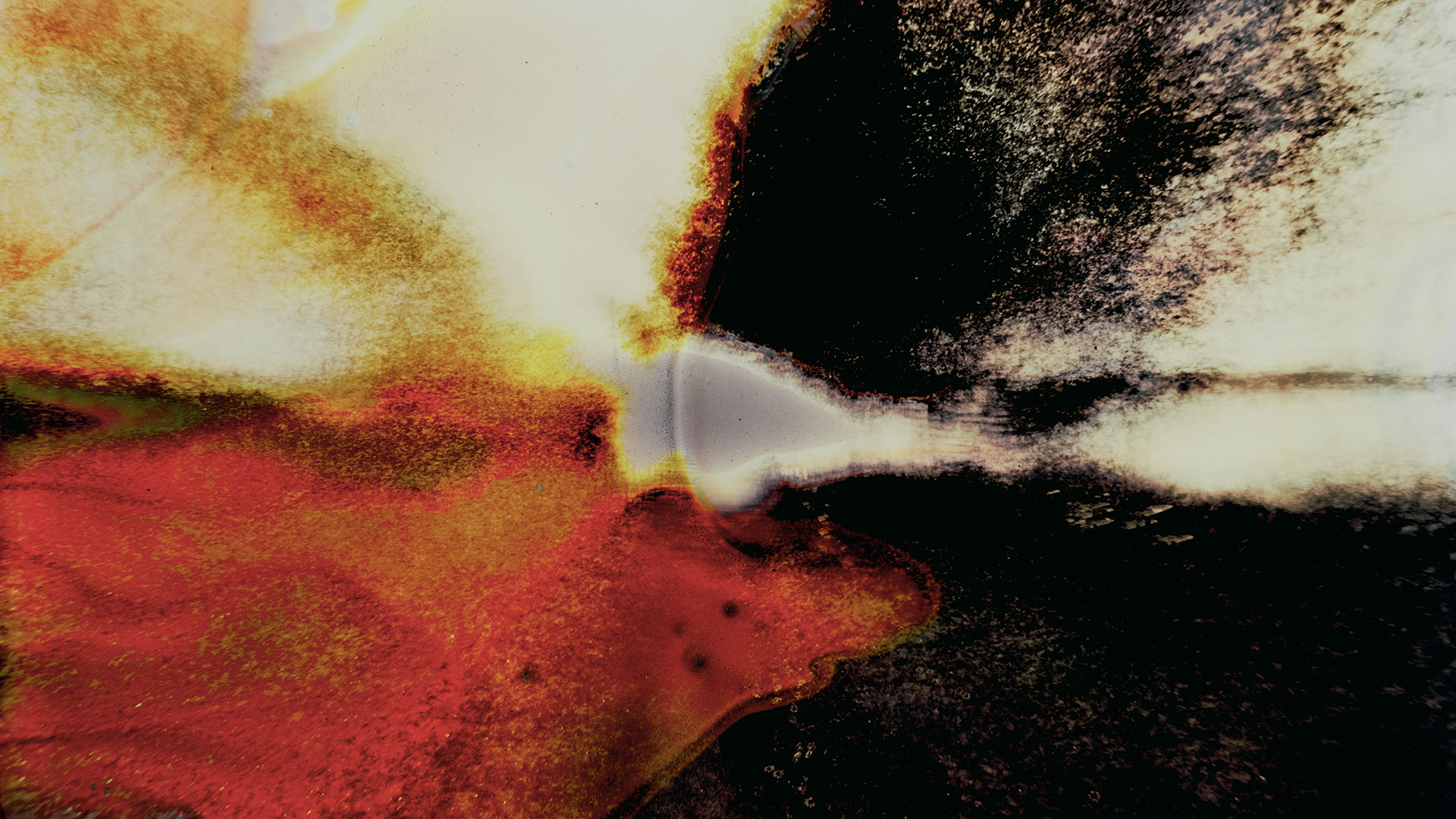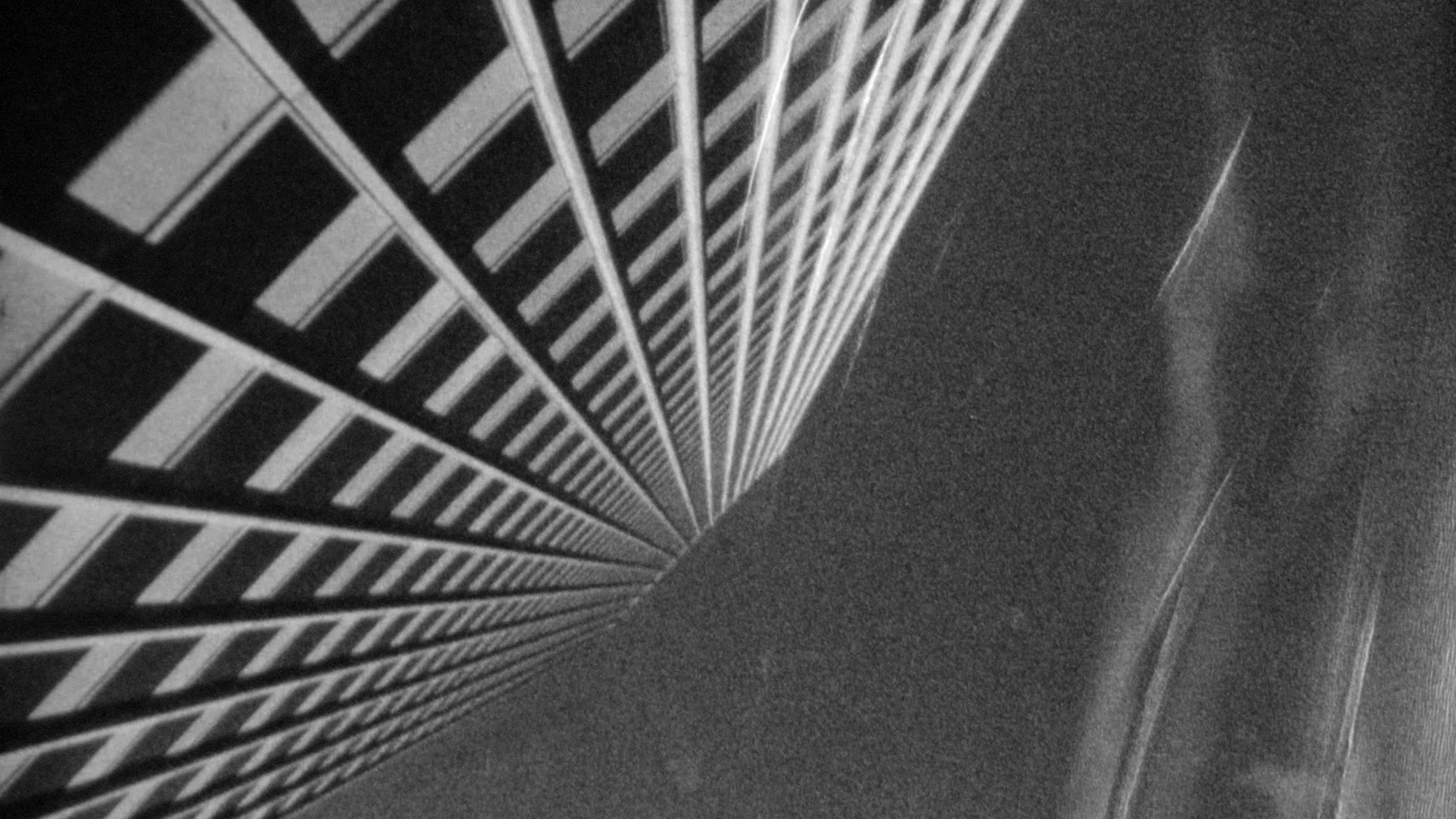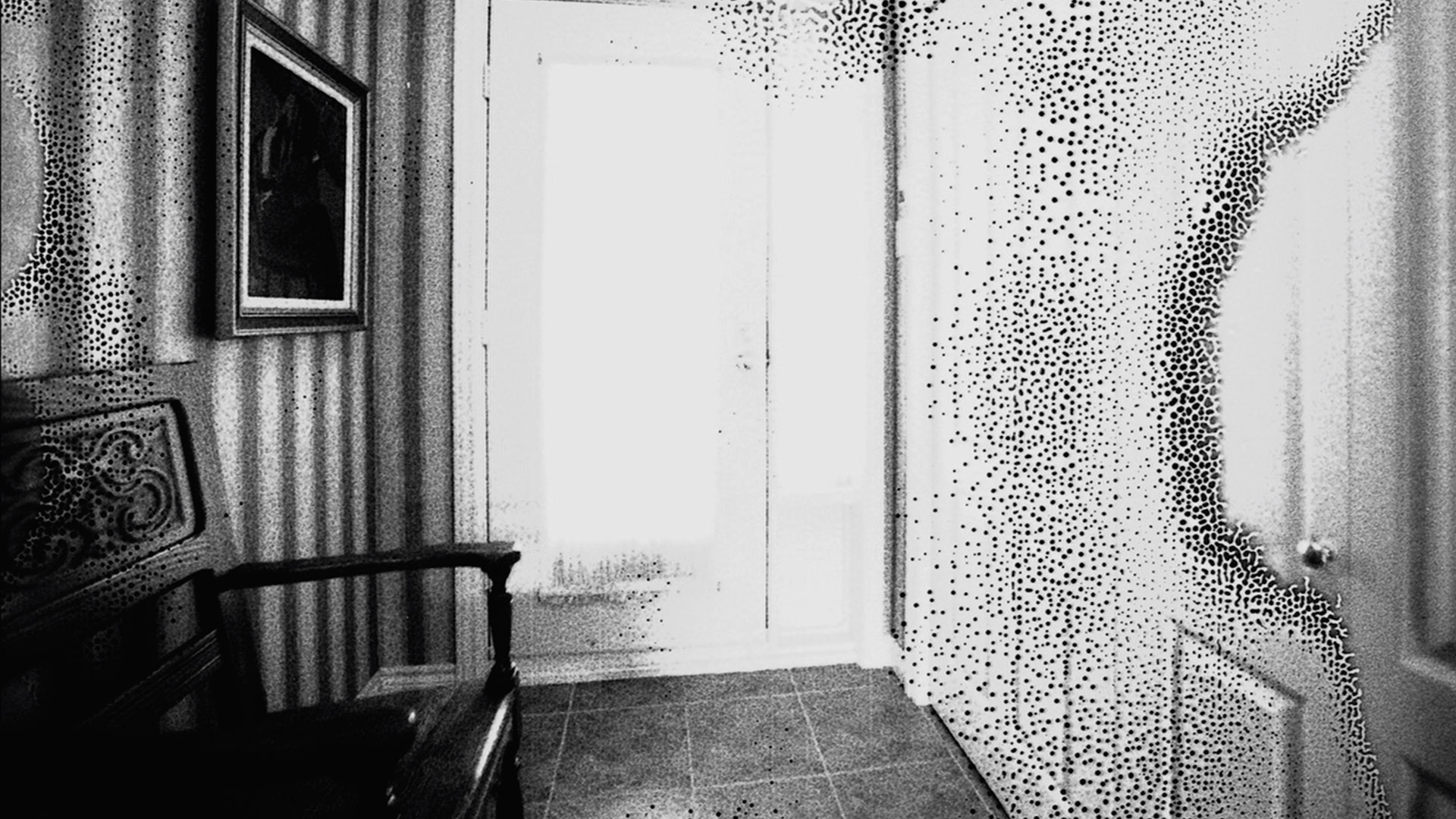CAMERA OBSCURA: ALEXANDRE LAROSE
Tuesday September 29 | 8:00 pm | s8cinema.com
Tuesday September 29 | 8:00 pm | CGAI | Get your free ticket here



From 1972 to 1981, Robert Gardner conducted a Boston television series that became a reference and a cult show for the experimental cinema community: Screening Room. The program, which welcomed some of the most relevant avant-garde filmmakers of that time, offered not only in-depth interviews with the guests, but also the opportunity to discover their work. Today, in 2020, Screening Room remains a source of inspiration. Gardner’s legacy, in combination with the spirit of the times and the possibilities brought to us by technological advancement and the internet encouraged us to develop a show that will be broadcast on streaming. Camera Obscura, which also follows the steps of Janine Bazan and André S. Labarthe’s Cinéastes de notre temps, is a creative endeavor – an interpretation of Gardner’s show with a bold aesthetic and in an innovative format in tune with our times. The show, which will bring to the audience an-in detail presentation of the creative processes of a selection of filmmakers, is also an invitation to discover their work, as it will feature chosen excerpts of their creations. The name Camera Obscura is a reference to the optical device that inspired painters and anticipated cinema centuries before its creation – a box-like, unlit construction where a ray of light coming from the outside projects, through a small hole in one of its walls, a moving image that is seen on the surface opposite to the opening. The (S8) aims to be that ray of light, travelling from wave to wave on its way to project its images on the wall of any room in the world.
Alexandre Larose is a Canadian author with a combined background in fine art and engineering who has spent the last two decades making films where technical ingenuity is intertwined with powerful evocativeness. Most of his pieces are studies or variations on the same theme, thorough works that recurrently delve into subjects like memory, movement, and space. Through a process of photochemical layering (to do so, he used an optical printer, or, at different stages of his career, his own camera), Larose explores the limits of perception, movement, repetition, and temporal loops. The result are highly pictorial films that transform the screen into a surface of reinvented qualities. This special episode of Camera Obscura will take us on a journey through Larose’s experimentations and processes thanks to an in-depth interview with the author complemented with the streaming of a selection of his powerful pieces.


